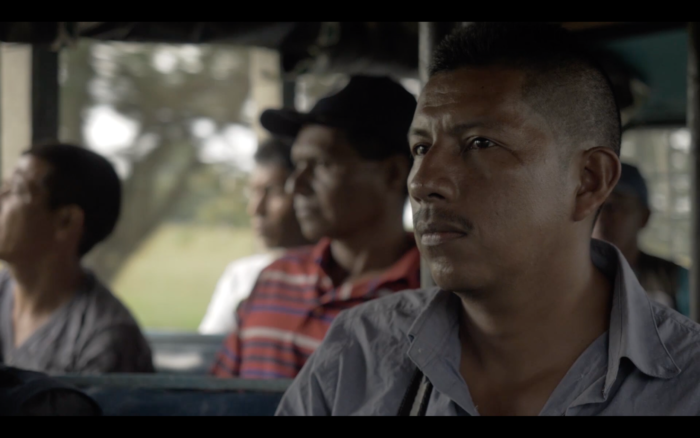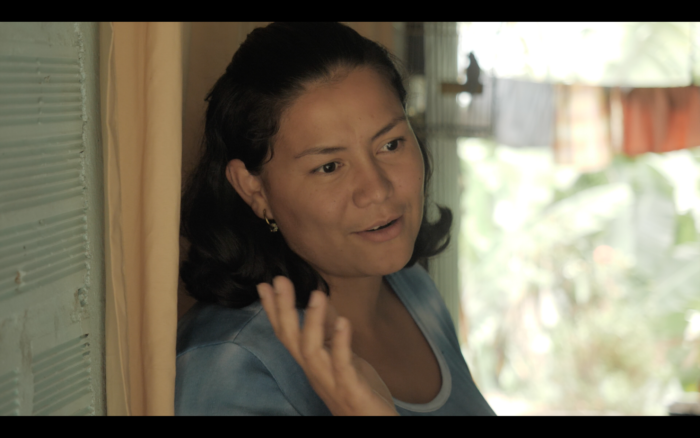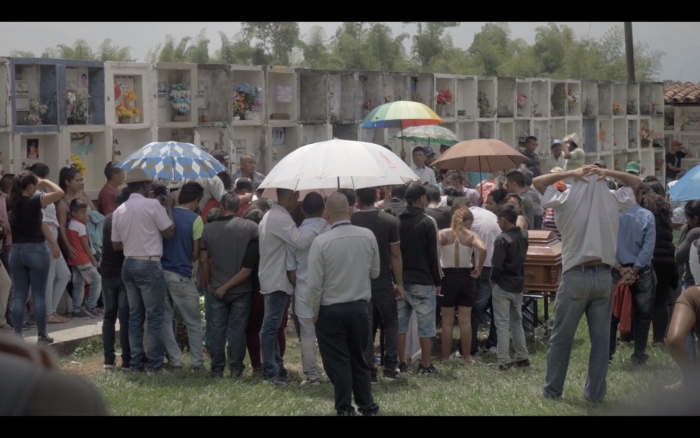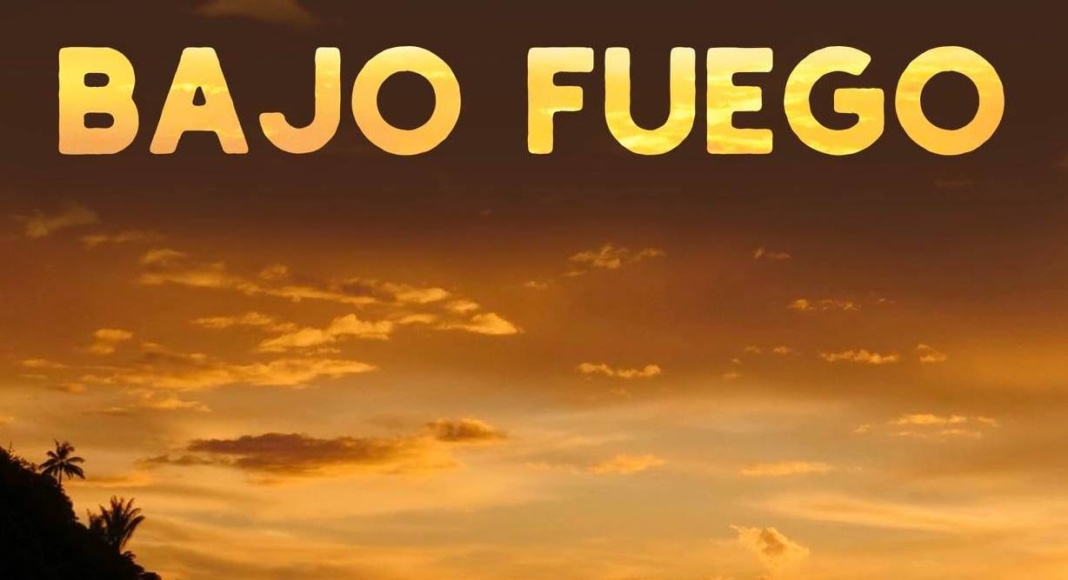Filmed over three years between 2017 and 2019, Bajo Fuego is an engaging, enraging portrait of a community’s struggle against state abandonment, economic collapse, and a rising tide of violence. The film is part of the selection of the Human Rights Watch Film Festival (HRWFF) and can be virtually screened across the UK from 18-26 March, 2021.
In Bajo Fuego – which recently won the prize for best documentary at the 7th Human Rights International Film Festival in Bogotá – the directing team of Sjoerd Van Grootheest and Irene Vélez Torres take us to Cauca, a largely agricultural region in the southwest of Colombia.
We’re there to follow the progress of the Programa Nacional Integral de Sustitución de Cultivos de Uso Ilícito (PNIS), which guarantees technical and financial support to replace “illicit” crops such as coca and marijuana. The programme was one of the central tenets of the 2016 Colombian Peace Agreement, but as the film shows us, there’s a huge gulf between what happens on paper and what materialises in the real world.
The film begins on a buoyant note, with news footage celebrating the peace deal and government officials promising “liberation” from coca. A number of the interviewees share in this optimism, imagining the programme as a “light at the end of the tunnel”, an opportunity to pivot their local economy away from coca and its harms and complications. Indeed, a recent report from the United Nations Office on Drugs and Crime (UNODC) shows that 5,691 families signed up to the programme in Cauca alone.
Some discordant notes creep in, however, and the film is conscious of the difficulties of overriding decades of agricultural practices, stressing that coca is easier to grow and more profitable than the crops which are suggested as replacements. One elderly grower tells us that he’s grown coca since his childhood, leading us to question how possible (or fair) it is to ask him to change things now.
Clearly, a tremendous effort is required, but the government’s previous work in the region would not fill anyone with confidence. Numerous interviewees remind us that when the conflict was still raging, the state had simply abandoned Cauca to the FARC, which became “the government of the poor”, offering crucial “back-up” to the community against incursions from robbers, poachers, and other invaders.
The clearest legacy of this state abandonment is the Guardia Campesina – set up to protect rural communities in the absence of a reliable police force – whose members feature heavily throughout the film.

As the film progresses, the PNIS programme stutters, and those who voluntarily eradicated their crops don’t receive their promised financial or technical assistance. Even if this situation first came about as a product of incompetence, it became a deliberate policy when President Iván Duque swept into power in August 2018. As shown in the film, Duque, a a particularly harsh critic of the PNIS, announces he will not be fulfilling the promises made by his predecessor, Juan Manuel Santos.
The betrayal is appalling, as the Colombian state has effectively convinced the film’s subjects to cut off their only source of income or hope of government aid to compensate the loss. When one interviewee, Sandra, is moved to tears, we see the human cost of abstract political decisions. A later scene will show her and her husband Albeiro finally receiving some sickly avocado trees two years after they’ve destroyed their coca crops.

With this familiar abandonment comes a familiar violence. As the FARC withdraw, drug traffickers and violent gangs infest Cauca. Distrust and pessimism seeps into the interviewees, a weary recognition that the guerra is slithering back into view. Stories accumulate of intimidation and murder, and the camera dwells on the bulletproof vests which social leaders strap on before they go out in public. Cauca is slowly ripped apart by warring factions, with paramilitary and guerrilla successor groups battling for territory and pressuring communities to produce coca rents.
The tragedy reaches an apex at the film’s conclusion when a member of the Guardia Campesina is murdered. The funeral which follows is horribly distressing, but the camera doesn’t shy away from wailing relatives: this is something we need to see.

In the teeth of it all, however, the community refuses to be a hostage to fate. Instead, it launches headlong into La Minga – a Quechua word referring to collective work on behalf of the community –, a protest movement which brought together more than 15,000 various indigenous, black and campesino actors to demand a meeting with Duque. The Minga forms part of a nationwide strike, the Paro Nacional, and we see the film’s subjects joining the effort to hold the blockade of the Panamerican Highway.
As one interviewee tells us, “no-one will come and save us, we have to save ourselves.” When the community asserts its rights, however, the state response is violent, and the camera conjures a lingering sense of dread through shots of campesinos armed with sticks contrasted with heavily armoured riot police.
Towards the end of Bajo Fuego, one interviewee tells us that “the national government is responsible for a disaster”. It is hard to disagree.
Despite the travails, however, this striking film’s subjects refuse to be defeated, and Van Grootheest and Vélez Torres paint a sensitive portrait of a resolute community prepared to stand up for their rights. The accords may have been signed, but Colombia is far from peaceful.
The film is part of the selection of the Human Rights Watch Film Festival (HRWFF) and will be virtually screened across the UK from 18-26 March, 2021. On 21 March, there will be a live Q&A with filmmakers Sjoerd Van Grootheest & Irene Vélez-Torres. Tickets at this link.


